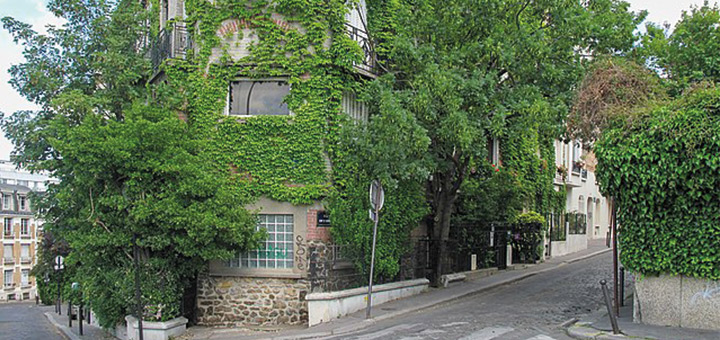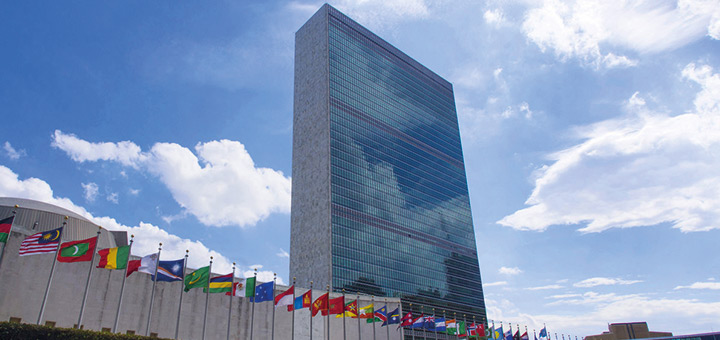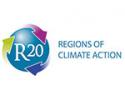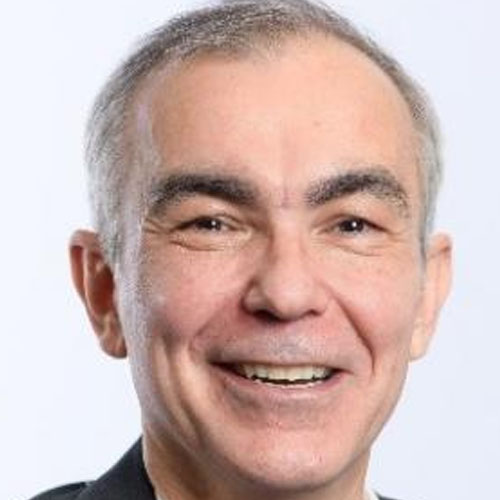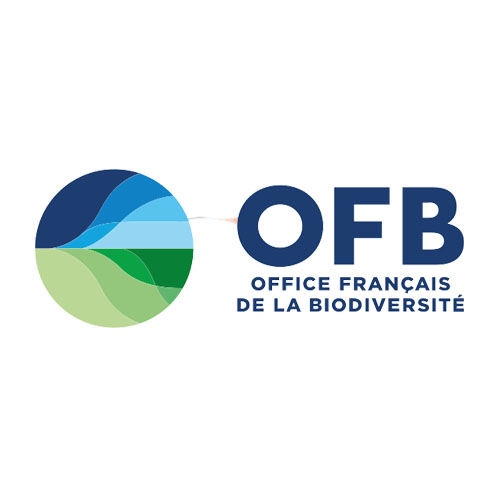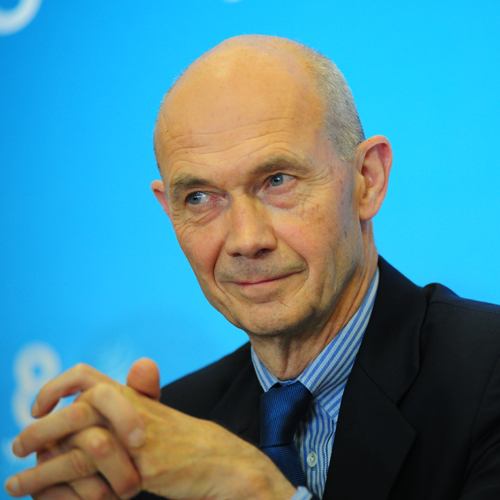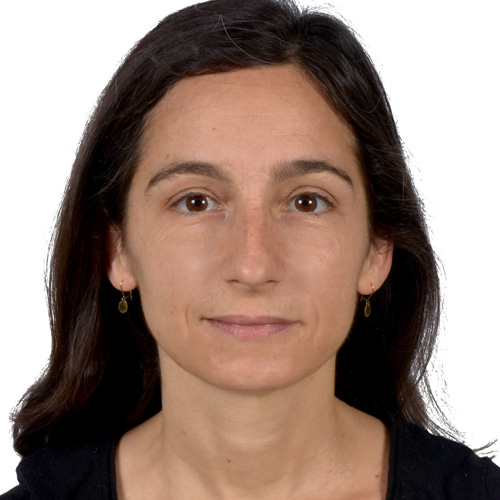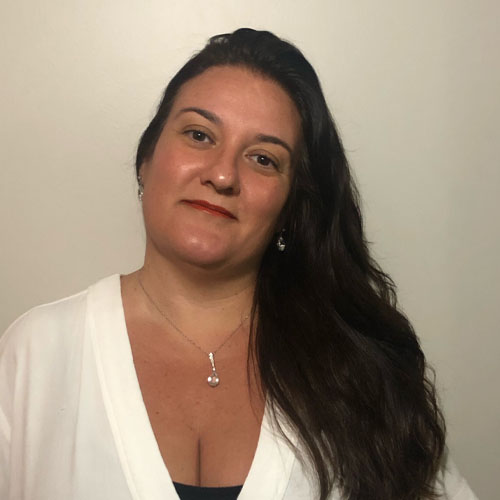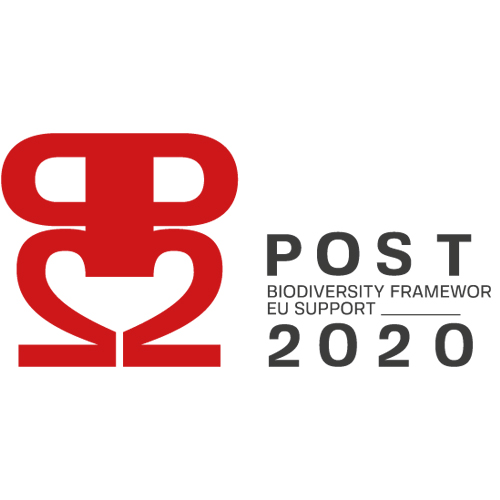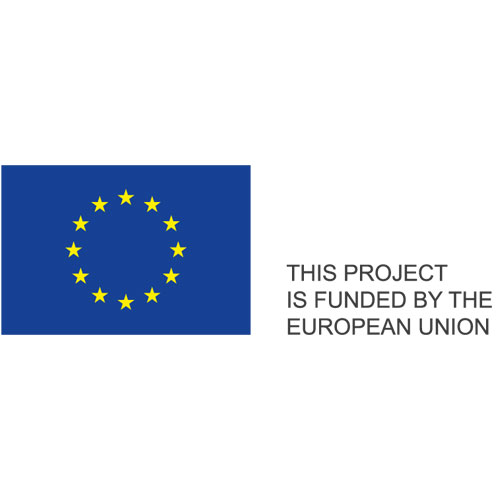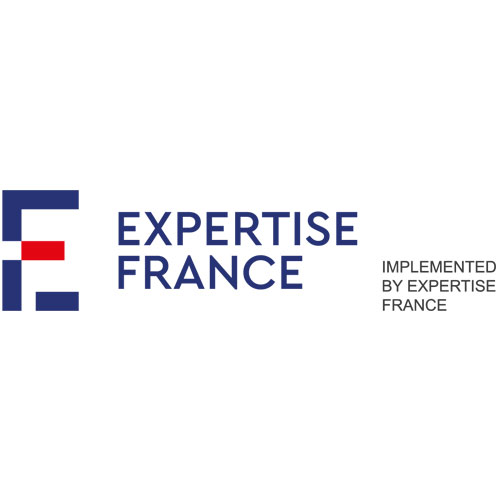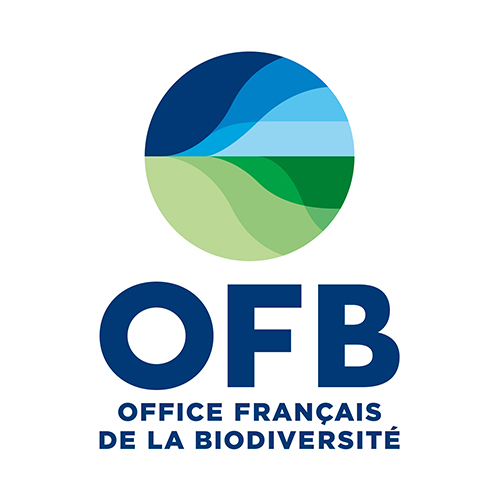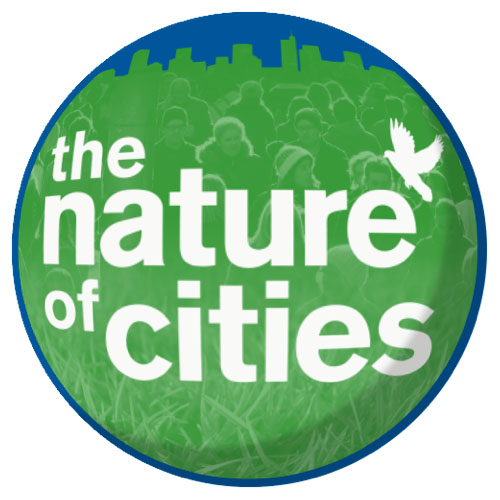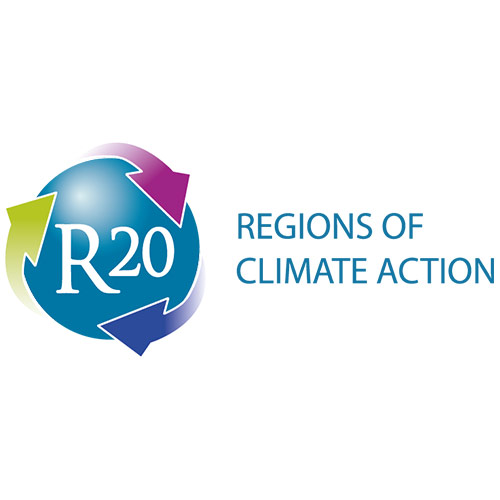This fourth webinar dedicated to finance and governance was co-hosted by Frédéric Audras, Head of the Urban Development, Planning and Housing Department at AFD, and Stéphanie Lux, Chances Conseil. It brought together about forty participants and 9 speakers:
- Pascal Lamy, President of the Paris Peace Forum, keynote speaker,
- Representatives of international institutions: Louise Baker, Managing Director of the Global Mechanism for the United Nations Convention to Combat Desertification, Katia Karousakis, Head of the Biodiversity Programme at the OECD, Sameh Wahba, Global Director of Urban Practice, Disaster Risk Management, Resilience and Land, World Bank Global Practice in Urban Practice, Disaster Risk Management, Resilience and Land
- A regional organization representative: Arnault Graves, Senior Climate Advisor at the Union for the Mediterranean Secretariat,
- Experts on green finance issues: Mélanie Hernoult, Blended Finance Project Manager, Sustainable Finance Market, BNP Paribas, Alessandra Andreazzi Péres, Senior Specialist on Sustainable Development, Climate Change and Climate Finance, GEF/CITinova Project Brasília/CEB - Brasília Energy Company,
- Christophe Nuttall, Founder of the R20, initiator of the investment fund dedicated to sub-national governments supported by the IUCN: the Subnational Climate Fund,
- Gaël Giraud, former Chief Economist of the AFD and Director of the Environmental Justice Research Program at Georgetown University, Washington.
All the speakers share a common diagnosis characterised by 4 elements:
- Our development models are not sustainable and are depleting our natural resources.
- The climate crisis is endangering our economies in both the North and the South.
- Changing our model requires massive investments. The post-Covid recovery plans are a real opportunity to invest in green and blue infrastructure.
- Cities must seize this opportunity to implement nature-based solutions and thus recreate the jobs lost during the pandemic.
Four levers must be used to implement the necessary changes:
- Policy reforms: market organisation, regulations and criteria for subsidies and grants do not encourage the financing of green and blue infrastructure, sustainable production systems or nature-based solutions.
- Strengthening cooperation between sub-national governments and the private sector: Nature-based solutions, green and blue infrastructure and sustainable production systems need to be designed and implemented locally. In this sense, sub-national governments are well placed to ensure their implementation. However, sub-national governments' access to funding is often hampered by the fact that their requests for funds are considered too low to access public donor funds. Strengthening the cooperation between subnational governments and private sector could be a way to improve their access public funding.
- An increase in the number of sustainably virtuous projects: while projects related to renewable energy production are well documented and technically mature, this is not yet the case for nature-based solutions, green and blue infrastructure or sustainable production methods. There is a real need for knowledge on the medium and long terms benefits of implementing these innovations. Sub-national governments are territories of experimentation that could benefit from cooperation with businesses and the scientific community.
- A need for greater synergies between sub-national and global levels of government to combine changes in production and consumption patterns with the necessary reforms in market organisation.
Webinar program
Webinar with interpretation



06/30
>
GMT+2
GMT+2
06/30
>
GMT+2
GMT+2
What solutions are emerging in terms of financing - particularly in the context of post-Covid stimulus plans and the reduction of subsidies harmful to biodiversity?
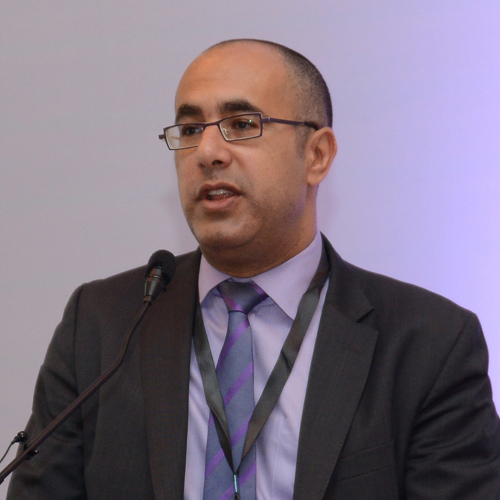
|
Sameh Wahba - Global Director - World Bank’s Urban, Disaster Risk Management, Resilience and Land Global Practice |
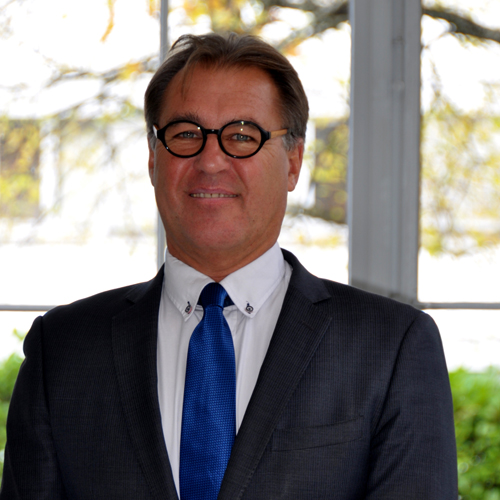
|
Christophe Nuttall - Founder - R20 |
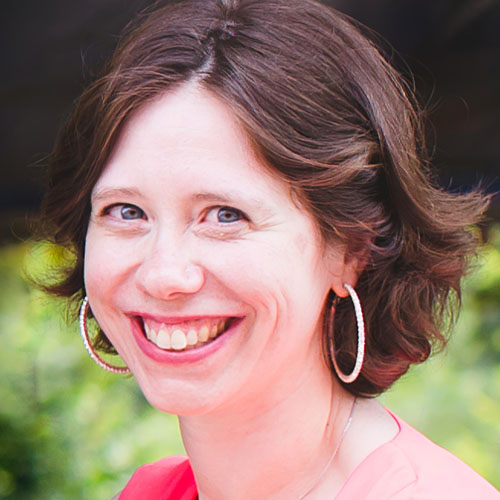
|
Mélanie Hernoult - Blended Finance Project Manager - Sustainable Finance Market - BNP Paribas |
06/30
>
GMT+2
GMT+2
What system of governance? What role for sub-national governments?
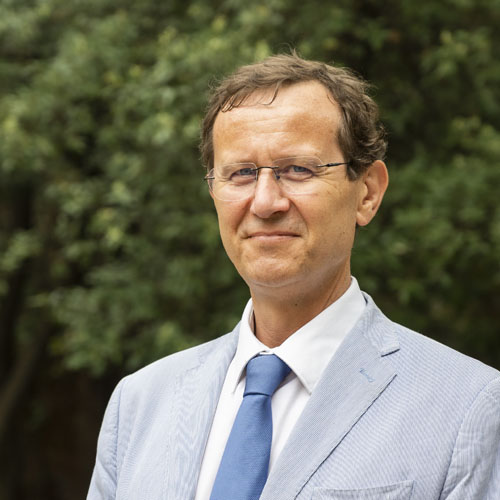
|
Arnault Graves - Senior Climate Adviser - Secretariat of the Union for the Mediterranean |
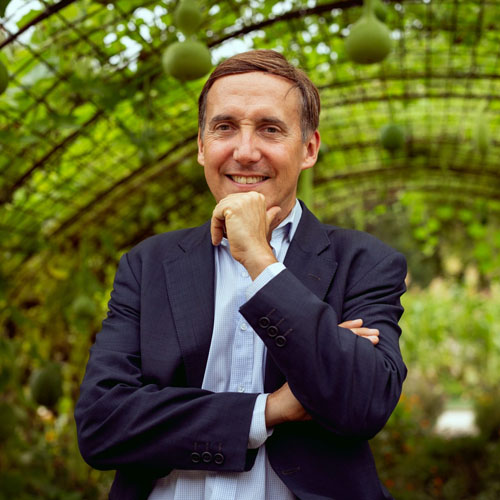
|
Gaël Giraud - Director of Research - CNRS |

|
Louise Baker - Managing Director of the Global Mechanism - United Nations Convention to Combat Desertification (UNCCD) |
06/30
>
GMT+2
GMT+2
Conclusions
DON’T MISS A MOMENT
Speakers slideshows
Resources
Webinar partners
Other webinars
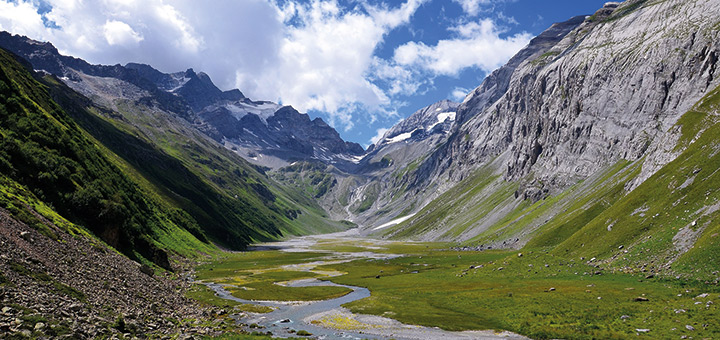
LOCAL ACTION FOR OUTSTANDING NATURE: How to conserve biodiversity hotspots
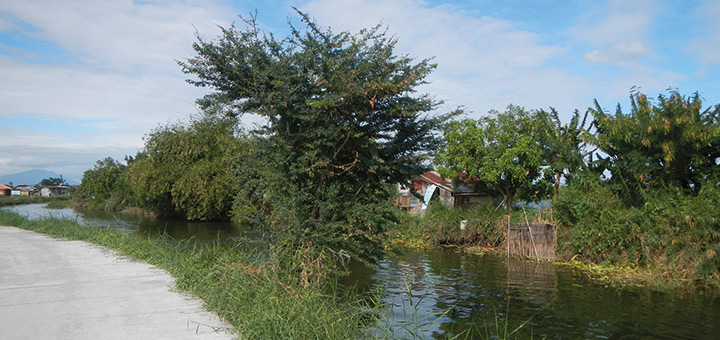
LOCAL ACTION FOR PRODUCTIVE LANDSCAPE: Achieving shared prosperity within the limits of Earth's living systems
